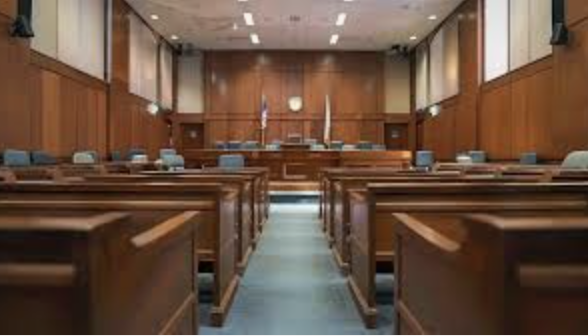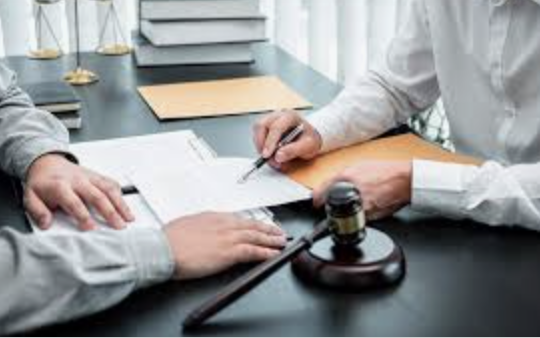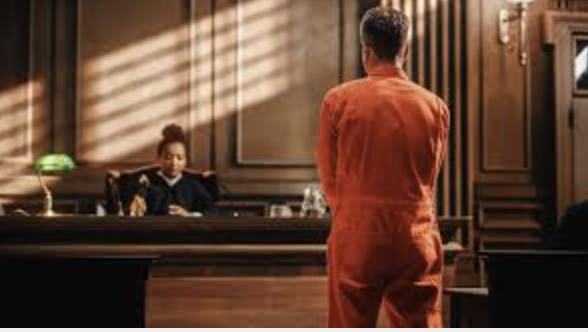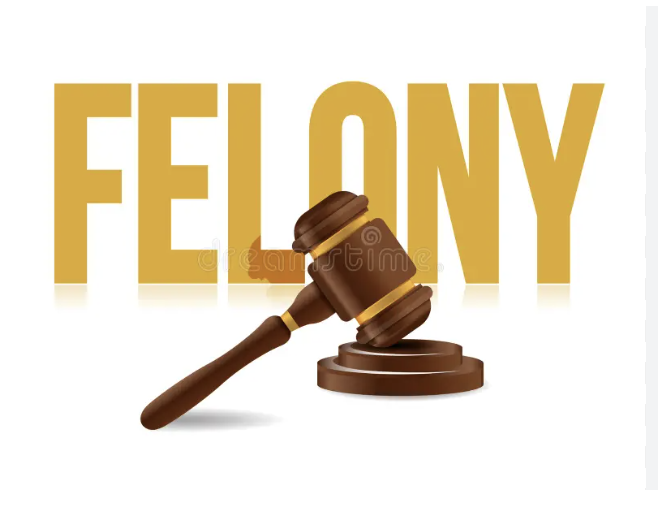Once a felony case reaches the Circuit Court in Virginia, the serious work begins.
Whether you’re preparing for trial, considering a plea agreement, or facing sentencing, understanding how this stage works can make a huge difference in both your strategy and peace of mind.
This guide walks you through the final stages of a felony case — from trial options to plea deals to sentencing.
A guide from Cardon Law.
This is general information, not legal advice. For personal guidance in a felony case, call (757) 306-9060.
1) After Indictment — The Case Is Officially in Circuit Court
Once the grand jury issues a true bill of indictment, your case is formally transferred to the Circuit Court.
From here, all hearings — motions, trials, and sentencing — occur before a Circuit Court judge.
At this point, you’ll have:
- An arraignment to enter your plea
- Pretrial motions to challenge evidence or police procedure
- A trial date or plea hearing scheduled by the court
The Commonwealth’s Attorney now prosecutes the case on behalf of the state.
2) Felony Trials in Virginia: Judge or Jury
Under Virginia Code § 19.2-257, a person charged with a felony has the right to a trial by jury, unless both sides agree to have the case decided by a judge (bench trial). (The default is trial by judge, however, the defense, prosecution, or judge can request a trial by jury.)
Trial by Jury
- A group of 12 citizens hears the evidence.
- The Commonwealth must prove guilt beyond a reasonable doubt.
- The jury decides guilt and, if there’s a conviction, recommends a sentence.
- The judge then decides whether to impose that sentence, reduce it, or suspend part of it.
Bench Trial
- The judge alone hears the case and decides both guilt and punishment.
- Bench trials can move faster and sometimes involve more focused legal arguments.
Your attorney will advise which option is best based on the evidence, the judge, and the nature of the charges.
3) Plea Agreements — A Common Outcome
Most felony cases do not go to trial. Instead, they are resolved through plea negotiations between the defense attorney and the Commonwealth’s Attorney.
A plea agreement (or “plea bargain”) may include:
- Reducing a felony to a misdemeanor
- Dropping some charges in exchange for a guilty plea to others
- Agreeing to a specific sentence recommendation
- Deferring sentencing until a later date to give the defendant an opportunity to show the court he or she can be of good behavior, and perform a number of tasks (could include community service, treatment for substance abuse or mental illness, maintaining a job, and paying restitution when applicable, for example.)
- Allowing a suspended sentence or alternative program (like drug court or diversion)
Under Virginia Code § 19.2-254, a plea must be voluntary and entered knowingly, with full understanding of the consequences.
The judge must review and accept the plea before it becomes binding.
Your lawyer will review every offer, discuss pros and cons, and make sure you’re not pressured into a decision that isn’t right for you.
4) Sentencing — What to Expect if Convicted
If you are found guilty — by plea or trial — the next step is sentencing.
Virginia uses sentencing guidelines that give the judge a recommended range of punishment based on:
- The seriousness of the crime
- Your criminal history
- Aggravating or mitigating circumstances
However, the judge is not required to follow the guidelines exactly.
They may impose more or less time depending on the facts of the case.
Sentencing options may include:
- Active jail or prison time
- Suspended sentences
- Probation and community service
- Restitution to victims
- Participation in treatment or educational programs
Under Virginia Code § 19.2-298.01, sentencing guidelines must be reviewed and considered in every felony case.
5) Post-Sentencing Options
After sentencing, your lawyer may file for:
- Appeal — if there were legal errors during the trial
- Motion for reconsideration — asking the judge to reduce the sentence
- Modification of probation — if circumstances change later
Appeals from Circuit Court go to the Court of Appeals of Virginia, and sometimes to the Supreme Court of Virginia under Virginia Code § 17.1-406.
6) The Importance of Experienced Representation
From negotiation to trial, felony defense requires detailed knowledge of both law and procedure.
A skilled attorney will:
- Review all discovery for constitutional issues
- Challenge evidence and witness credibility
- Advise when to negotiate versus when to fight
- Present mitigation evidence at sentencing (character letters, employment records, family impact)
Early preparation and honest communication between client and lawyer often determine the best possible outcome.
Quick Checklist: Circuit Court Felony Stage
| ✅ Stage | 💡 What Happens |
|---|---|
| Indictment & transfer to Circuit Court | Case officially moves from District Court |
| Pretrial motions | Evidence and constitutional issues challenged |
| Trial (judge or jury) | Commonwealth must prove guilt beyond reasonable doubt |
| Plea negotiations | Possible reduction or agreement on sentence |
| Sentencing | Judge considers guidelines, facts, and mitigation |
| Appeal or modification | Options for review after conviction |
FAQ
Can a felony be reduced to a misdemeanor in Circuit Court?
Yes. Through plea negotiations or by court finding, some felonies (especially Class 6 or lower-level felonies) can be amended to misdemeanors.
If the jury recommends a sentence, does the judge have to follow it?
No. The judge considers it but has discretion to reduce or suspend part of it.
Can I still appeal if I plead guilty?
Not usually. When you plead guilty you waive your right to appeal. However, there are a few exceptions, such as improper jurisdiction of the court.
What happens if I violate probation after sentencing?
The court can revoke the suspended portion of your sentence under Virginia Code § 19.2-306.
Charged with a Felony in Virginia? Get Help Now.
A felony conviction can change your life — but with skilled representation, many cases end with reduced charges, suspended sentences, or even dismissals.
At Cardon Law, we defend clients in every stage of the process, from indictment to sentencing, with clarity, compassion, and strong advocacy.
📞 Free Consultation: (757) 306-9060
📱 24/7 Direct to David A. Cardon: (757) 620-3283
Serving Virginia Beach, Norfolk, Chesapeake, Portsmouth, and Hampton Roads.




